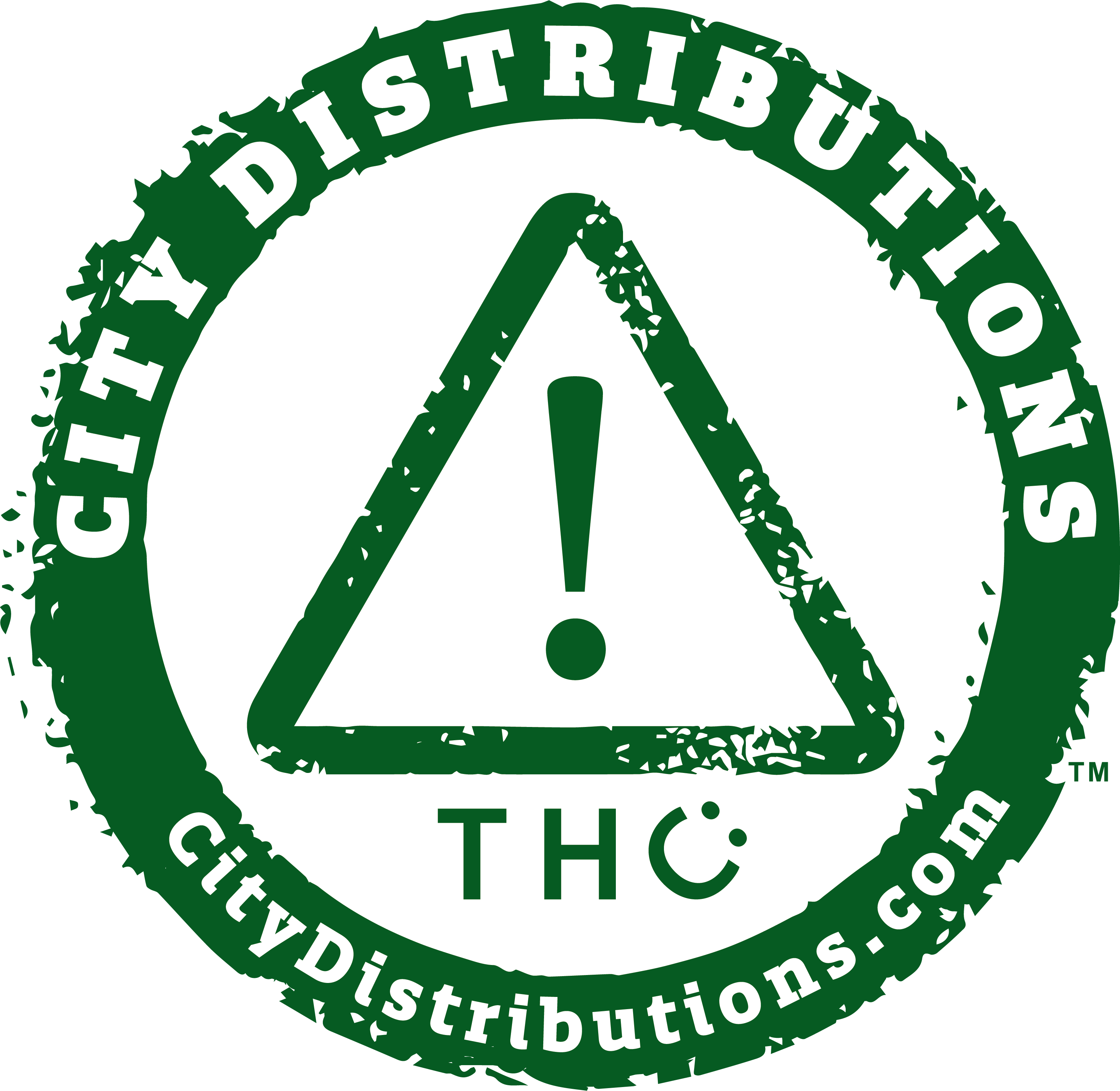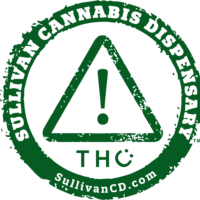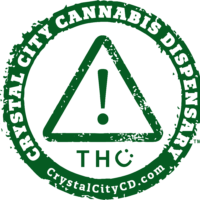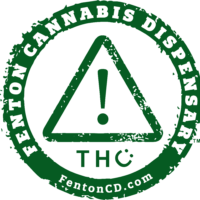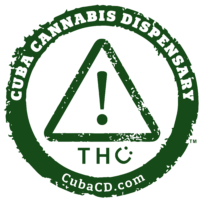At City Distributions, we believe that knowledge is power. Our commitment to educational excellence extends beyond cannabis, covering laws, health benefits, and sustainable technology. We’re here to demystify, inform, and empower our community with valuable insights and resources.
Frequently Asked Questions
The Farm Bill addresses agricultural and food policies in the United States. In 2018, this bill had significant ramifications for the cannabis industry. The 2018 Farm Bill legalized the cultivation, production, and sale of hemp and hemp-derived products, such as CBD with a Delta 9 THC concentration of 0.3% or less by dry weight volume. It provided a framework for hemp farmers, established regulatory guidelines, and facilitated the growth of the legal hemp industry. The 2018 Farm Bill did not federally legalize marijuana or Delta 9 THC-rich cannabis, which remains subject to individual state laws. It did however open the doors for cannabis the plant and all of its extracts to be sold within federal compliance.
THCa, or tetrahydrocannabinolic acid, is a cannabinoid found in raw cannabis plants. It is the acidic form of THC and is typically present in higher concentrations before the plant is decarboxylated through heating or curing. While THCa does not produce a psychoactive effect in flower form, when smoked or vaped, it converts to THC and provides the same effects as potent Delta-9. It has potential therapeutic properties and is also used in tinctures, topicals, and edibles in its non-psychoactive form.
D9 refers to Delta-9-tetrahydrocannabinol, commonly known as THC. It is the primary psychoactive compound found in cannabis and is responsible for the intoxicating effects often associated with marijuana use. D9 interacts with cannabinoid receptors in the brain, leading to various cognitive and physiological effects, and is regulated and monitored in legal cannabis products.
Delta-8, or Delta-8-tetrahydrocannabinol, is a minor cannabinoid found in cannabis plants. It is chemically similar to Delta-9-THC, the main psychoactive compound in marijuana, but with a slightly altered molecular structure. D8 has milder psychoactive effects than Delta-9, and is used in various cannabis products for its potential therapeutic and recreational properties.
CBD, or cannabidiol, is a non-intoxicating cannabinoid found in cannabis plants. It has gained significant attention for its potential therapeutic benefits and is widely used for various health and wellness purposes. CBD is known for its calming and relaxing effects, making it popular for stress relief, improved sleep, and pain management. It is available in different forms, including oils, tinctures, topicals, and edibles, and is legal in many places.
THCp, or tetrahydrocannabiphorol, is a recently discovered and rare cannabinoid found in cannabis plants. It is structurally similar to THC but is believed to have a higher potency. While research on THCp is limited, it has garnered interest for its potential therapeutic applications, and further studies are being conducted to understand its effects and benefits.
THCv, or tetrahydrocannabivarin, is a naturally occurring cannabinoid found in cannabis plants. It is structurally similar to THC but has distinct effects and properties. THCv is known for its potential appetite-suppressing and energizing effects, and is sometimes used for weight management and increased focus. While more research is needed to fully understand its effects, THCv is becoming increasingly popular.
CBG, or cannabigerol, is a non-intoxicating cannabinoid that is found in cannabis plants in relatively low concentrations. It is considered a precursor to other cannabinoids such as THC and CBD. CBG is known for its potential therapeutic properties, including anti-inflammatory, analgesic, and neuroprotective effects. While more research is needed to fully understand its benefits, CBG is gaining attention and is a popular option.
Hexahydrocannabinol (HHC) is a relatively new and lesser-known cannabinoid that has recently emerged in the cannabis industry. It is chemically similar to THC but has some structural differences. HHC is reported to have psychoactive effects, potentially inducing euphoria and other experiences associated with cannabis use. However, due to its novelty, there needs to be more research regarding its specific effects, safety profile, and potential therapeutic applications.

Our City Locations
(888) 315-5767
